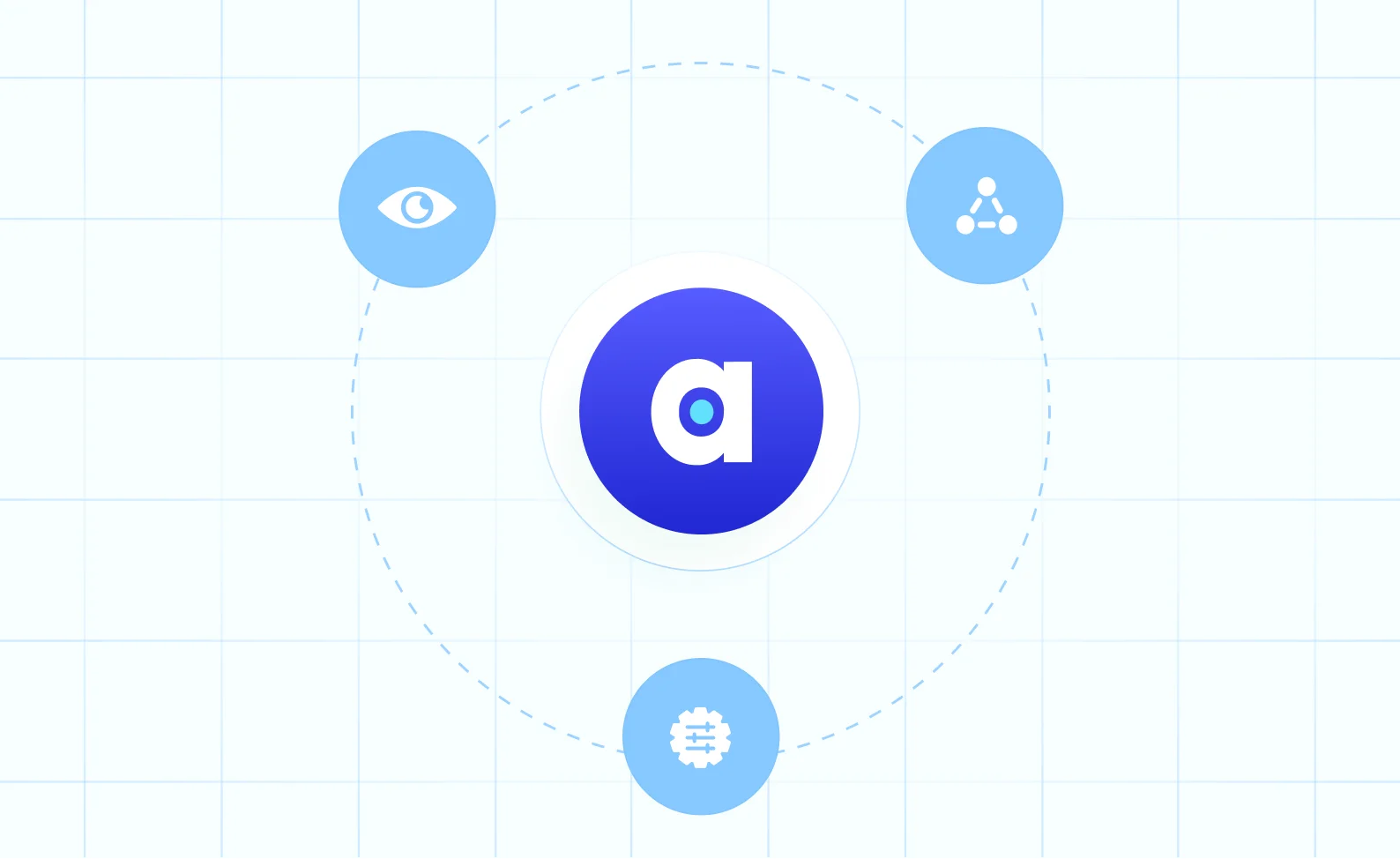Why Your Current Data Governance Approach May Be Your Biggest Liability

Last Updated on: April 16th, 2025 | 5 min read
Unlock Your Data's Potential With Atlan


Most financial services leaders we speak with aren’t losing sleep thinking about the next big disruption, it’s the outdated processes that won’t budge.
You’re rolling out AI initiatives, enhancing digital customer experiences, and keeping pace with regulations, yet there’s one blind spot that keeps pulling you backward: a governance model that was built for a different era.
On the surface, a static, checklist-style framework may feel like a safe bet. In practice, though, it can slow your most urgent priorities.
The AI pilot that never launches. The fintech partnership derailed by endless data approvals. The compliance team left scrambling to trace who owns which data sets. When governance doesn’t evolve alongside your business, it becomes your biggest liability — putting both innovation and regulatory trust at risk.
The financial institutions that thrive next won’t be the ones with the best technology alone, they’ll be the ones who modernize governance itself, turning it into a driver for speed, resilience, and growth.
This isn’t a tooling decision. It’s a leadership one.
The silent friction at the heart of your data strategy
Permalink to “The silent friction at the heart of your data strategy”Whether you’re running innovation, technology, or risk, the common goal is clear: move faster with confidence. Trusted data, secure decisions, streamlined oversight.
But too often, governance is the very thing holding that back.
I hear it from business leaders every week. They can’t get a straight answer on which data to trust, or how to use it safely. Technology teams are stuck resolving access tickets or tracing lineage across legacy systems. When regulators come calling, the cracks start to show. Stale documentation, unclear ownership, and policies disconnected from actual usage.
It only takes one audit failure or reporting gap to trigger consequences—and they’re not theoretical. In recent years, regulators have dramatically increased enforcement actions tied to data governance failures, with penalties in the hundreds of millions across the sector. A Capco report notes a surge in findings related to incomplete risk reporting and lack of data traceability, particularly under new OCC and Federal Reserve expectations.
When governance fails, everything slows down
Permalink to “When governance fails, everything slows down”It doesn’t always look like a fine. Sometimes, it looks like a missed opportunity.
McKinsey estimates 30% of employee time is spent fixing data issues in these kinds of environments. That’s not just inefficiency. That’s lost momentum. Lost market opportunity. And in this industry, lost ground is hard to recover.
The irony is clear. The function meant to reduce risk is, in its current state, creating it.
Governance isn’t the bottleneck. It’s the unlock.
Permalink to “Governance isn’t the bottleneck. It’s the unlock.”This is the shift we’re seeing across leading financial institutions.
They’re realizing that governance, when done right, doesn’t slow them down. It’s how they accelerate—with control, confidence, and alignment across the enterprise.
This modern approach to governance rests on three key principles:
- Visibility into where data lives, how it’s being used, and by whom
- Collaboration between business and tech, built into daily workflows
- Adaptability to keep pace with changing regulations and tools
It’s not about adding new controls. It’s about building trust in how you move forward.
“We were in a state of near-paralysis trying to manually determine who should see what. Utilizing a combination of improved governance policies, tags, and dynamic data masking, we were able to use data with confidence.” - Daniel Dowdy, VP of Data Analytics at North
The future-ready playbook is already here
Permalink to “The future-ready playbook is already here”Forward-thinking institutions aren’t waiting for the next compliance deadline or innovation cycle—they’re proactively rebuilding governance with Atlan at the core. Rather than adding complexity, this modern approach streamlines processes, removes friction, and empowers teams with clarity.
With Atlan:
- Documentation and lineage are automated, so teams spend less time chasing metadata and more time delivering insights.
- Policies are connected directly to data, giving legal, risk, and compliance teams real-time visibility into what’s covered and where gaps exist.
- Business and technical teams share a common language, supported by glossaries, embedded context, and collaborative workflows.
- Data products become reusable, governed assets, fueling AI, analytics, and faster decision-making across the enterprise.
At North, a payments company processing over $100 billion in annual transactions, Atlan helped deliver end-to-end visibility across the data estate. Sensitive data was automatically tagged and governed, leading to $1.4 million in annual efficiency gains. The company also saw a 200% increase in active users on its BI tool and a 700% increase in tagged assets within Snowflake.
Tide, a UK-based digital bank, reduced data tagging time from 50 days to under five hours by automating GDPR compliance with Atlan Playbooks. With visibility into where personally identifiable data lived and how it moved, the team could trust that data was being handled correctly.
We said: Okay, our source of truth for personal data is Atlan. We were blessed by Legal. Everyone, from now on, could start to understand personal data. -
Michal Szymanski, Data Governance Manager at Tide
These aren’t isolated success stories; they illustrate what’s achievable when governance is collaborative, transparent, and adaptable.
When trust is embedded at the foundation, innovation scales.
The institutions that win won’t just modernize infrastructure.
Permalink to “The institutions that win won’t just modernize infrastructure.”They’ll redefine what trust means in a data-driven world.
In the era of AI and analytics, the winners will be those financial institutions that balance agility with responsible governance. They’ll have the structure and clarity to move swiftly while safeguarding their most critical asset: trust.
Rethinking governance today isn’t just strategic—it’s essential to staying ahead of tomorrow’s risks.
Share this article
Atlan is the next-generation platform for data and AI governance. It is a control plane that stitches together a business's disparate data infrastructure, cataloging and enriching data with business context and security.


















